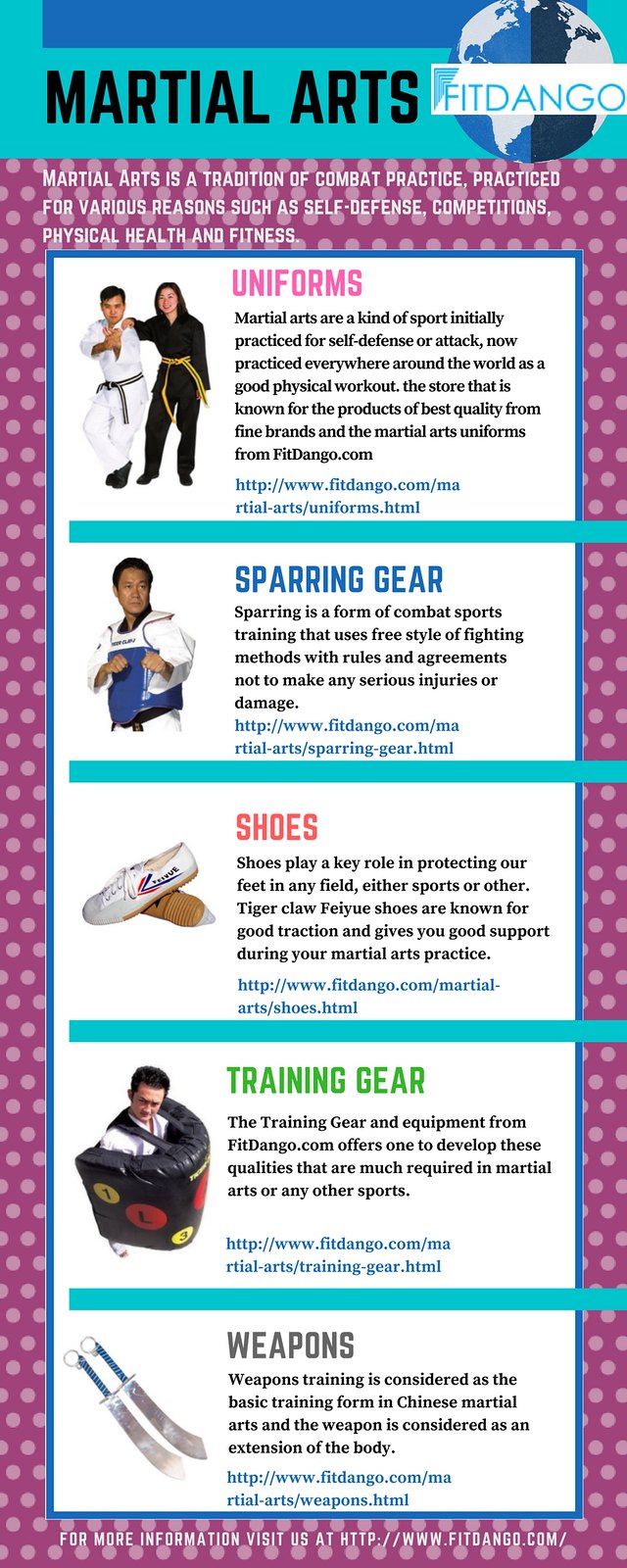The Advancement And Historic Context Of Martial Arts Worldwide
The Advancement And Historic Context Of Martial Arts Worldwide
Blog Article
Posted By-Sutton TRUE
Martial arts have a fascinating background that spans centuries and continents. You might locate it intriguing how ancient techniques like Shuai Jiao and Kalaripayattu prepared for modern battle methods. These self-controls not just stress physical abilities but also mirror the societies that birthed them. As you explore their advancement, think about exactly how globalization has actually changed these traditional types right into crossbreed styles. What influences do you think have shaped today's martial arts landscape?
Ancient Martial arts: The Foundations of Fight
As you delve into the world of ancient martial arts, you'll discover the abundant foundations that shaped fight methods throughout cultures. Very early methods concentrated on Self-Defense and survival, typically integrating strikes, grappling, and weaponry.
In ancient China, as an example, methods like Shuai Jiao highlighted tosses and joint locks, while India's Kalaripayattu showcased dexterity and liquid movement. Japanese samurai created Kenjutsu, a polished swordsmanship that highlighted technique and strategy.
https://cesaruckrx.ziblogs.com/35172614/the-value-of-youth-fighting-style-in-preventing-intimidation-and-encouraging-self-protection served not just for fight yet also as a way of personal development, instilling values like regard and willpower. The mixing of these methods with time laid the groundwork for the diverse martial arts you see today, each reflecting the distinct viewpoints and demands of its society.
The Social Impact on Martial Arts Development
While martial arts often reflect the functional requirements of a society, they additionally personify the cultural values and beliefs of their origins. When you discover different martial arts, you'll see exactly how they're influenced by religion, ideology, and social standards.
As an example, the focus on respect and self-control in Japanese martial arts originates from Zen Buddhism and samurai society. On the other hand, Brazilian Jiu-Jitsu promotes flexibility and technique, formed by the demand for effectiveness in a diverse, multicultural atmosphere.
You might discover that the routines, attires, and training techniques reflect a neighborhood's background and identity. By comprehending these social impacts, you deepen your gratitude of martial arts and their duty in shaping human experiences across the globe.
Modern Adaptations and the Globalization of Martial arts
Martial arts have transformed significantly in recent years, adapting to contemporary culture and worldwide influences. You'll observe that traditional kinds have blended with modern techniques, producing hybrid styles like MMA. related resource site accommodate varied audiences, making martial arts easily accessible and enticing around the world.
With the surge of social media sites and electronic platforms, you can locate tutorials and competitors from all edges of the world, breaking geographical obstacles. This globalization has actually resulted in a common admiration for numerous disciplines, from Brazilian Jiu-Jitsu to Taekwondo.
As you involve with these arts, you'll realize they're not practically combat; they promote health and fitness, self-control, and mental wellness.
Inevitably, contemporary adjustments have improved the martial arts landscape, making it a dynamic and developing technique.
Conclusion
In exploring the history and evolution of martial arts, you reveal an interesting blend of techniques, societies, and approaches. From old self-controls like Shuai Jiao and Kalaripayattu to the modern adaptability seen in MMA, martial arts show humankind's quest for Self-Defense and individual growth. As you involve with these methods, you not just acquire skills but likewise a much deeper recognition for the varied traditions that shape our globe today. So, continue your journey and embrace the art of fight!
